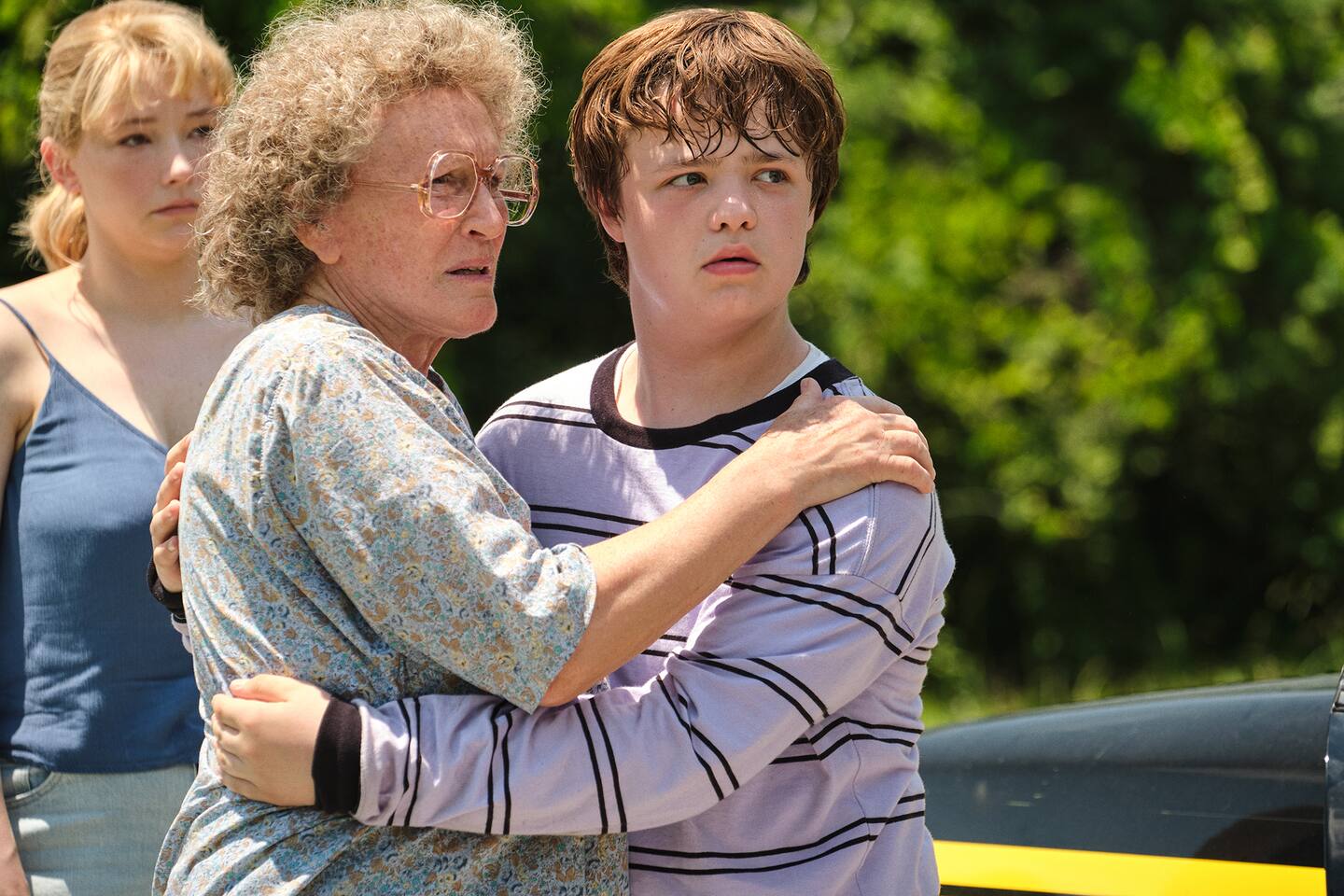What was ‘Hillbilly Elegy’ really supposed to tell us?

What a mistake that was. However unintentionally, “Hillbilly Elegy” was — and is — an argument that there is a limit to which politics can explain personal trauma, not proof that a single story can diagnose a nation.
The Venn diagram that treated “J.D. Vance acquaintance” and “Trump voter” as overlapping categories was always a little tenuous. What is true is that the upbringing Vance describes in “Hillbilly Elegy,” and that Howard re-creates in the movie faithfully if not vividly, is unbearably grim.
Flimsy father figures rotated in and out of Vance’s life: The fights between his mother, Bev, and one of her partners taught Vance to “never speak at a reasonable volume when screaming will do; if the fight gets a little too intense, it’s okay to slap and punch, so long as the man doesn’t hit first; always express your feelings in a way that’s insulting to your partner.”
Bev tried to kill herself repeatedly, once by threatening to crash a speeding car while her son was riding with her. Vance once saw Bev high enough that she was “unable to open her eyes or close her mouth, spooning food in as it fell back on the plate.”
And what of the book’s hero — Vance’s beloved grandmother Mamaw? She took Vance in and set high expectations for him; he saw her as his protector.
Mamaw was also the person who set her husband on fire to get him to stop drinking; who said of her own daughter, “If she wanted to kill herself, I’ve got plenty of guns”; and who tried to dissuade Vance from joining the military by calling him an “idiot; they’ll chew you up and spit you out.” When Mamaw and Bev finally struck a deal that allowed Vance to choose to live with his grandmother, the enforcement mechanism was that “Mamaw would kill anyone who tried to keep me from her.”
It’s understandable that, depending on their political orientation, readers either embraced the larger solutions Vance offered to the problems he was describing or were infuriated by them. Yet looking back, it’s fascinating that so much of the discussion of “Hillbilly Elegy” focused on the book’s sociological underpinnings and conclusions, rather than on this more personal tale of woe. A more interesting question than whether Vance is correct in his diagnoses is why he turned to politics and policy to explain his upbringing in the first place.
The word “understand” appears over and over again in “Hillbilly Elegy,” whether Vance is trying to sort out the history of Appalachian migrations, comprehend his mother’s contradictions or explain what he hopes the book will do. A political moment turned a book about trying to understand the Vance family into a book about trying to understand half of the country. Of course, it was going to fall short of the inflated task readers assigned to it.
The politics Vance reaches for can’t really explain his own family, either. There is no code, Scots-Irish, hillbilly or otherwise, that demands a woman set her drunk of a husband on fire where her daughters can see it happen and intervene. There’s no economic or sociological explanation for the pleasure people take in watching their neighbors’ vicious family fights spill out into the street.
But maybe rattling off statistics and inoffensive truths about the power of intact families is easier than accepting your own damage as distinct and your champions as limited people who may have done you harm as well as good. (The movie strips away this historical and sociological context, leaving a Lifetime special behind.)
Mamaw, the most sympathetic figure in Vance’s life in both the book and the movie, in which she’s played movingly by Close, seems like a more complicated figure than either Vance or Howard can really grapple with. Repeatedly threatening to murder someone on your grandson’s behalf may make your grandson feel safe and loved. It also means he equates safety and love with lunacy and fear.
Not all trauma can be turned into something meaningful, and not all adaptations of once-hot books make for good movies. But finally seeing “Hillbilly Elegy” for the painful, personal story it is, rather than for the series of prescriptions it was made out to be, would be an overdue reckoning.
Watch Opinions videos:
Read more:






